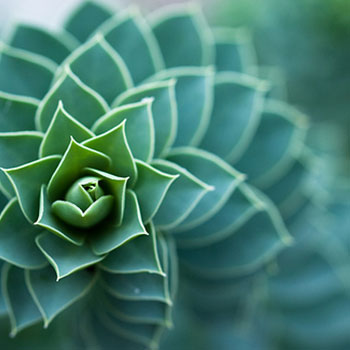Cholecystectomy for the gallbladder is to treat gallstones. What effect does this have on digestion?
2 Answers
Digestion of fats is affected. Absorption of fat-soluble vitamins will also be affected.
Explanation:
Bile is a mixture of bile salts and bile pigments. The bile salts emulsify fats, breaking them down in to small droplets that are more readily digested by lipase.
The common bile duct conducts bile from either the liver or the gall bladder to the duodenum.
The liver manufactures bile and secretes it in to the duodenum if there is presence of food there. If not the gall bladder stores the bile until the food arrives.
In most cases, cholecystectomy has little effect on the digestion.
Explanation:
Function of the gallbladder
The gallbladder is a pouch-like organ with a volume of about 100 mL.
Its purpose is to store and concentrate bile, a green detergent-like substance, that the liver makes at a rate of 600 mL to 1200 mL per day.

Functions of bile
One of the functions of bile is to emulsify dietary fats and fat-soluble vitamins.
When food digestion is not taking place, bile backs up the cystic duct and enters the gallbladder to be stored and concentrated.
When the gallbladder is removed, bile made by the liver can no longer be stored, so it flows directly into the intestine.
Thus, there still is bile in the intestine to mix with the ingested fats.
There is not as much bile at any one time, but there is enough to allow the digestion and emulsification of fat.
Possible digestive problems after gallbladder surgery
- Temporary difficulty digesting fatty foods as the body adjusts to its new state.
- More frequent bowel movements. Because the bile is flowing more steadily, the food travels faster through the intestine.
- Temporary diarrhea, in up to 10 % of patients, which usually clears up after several days.


